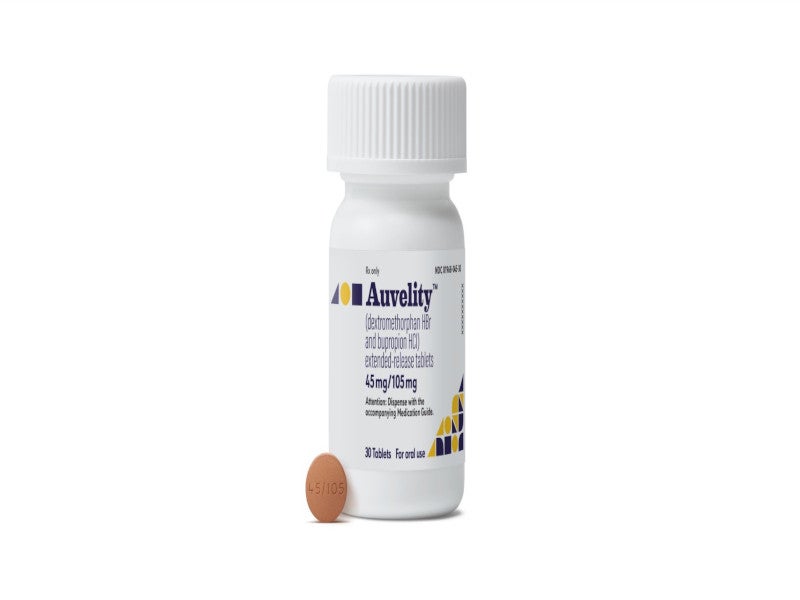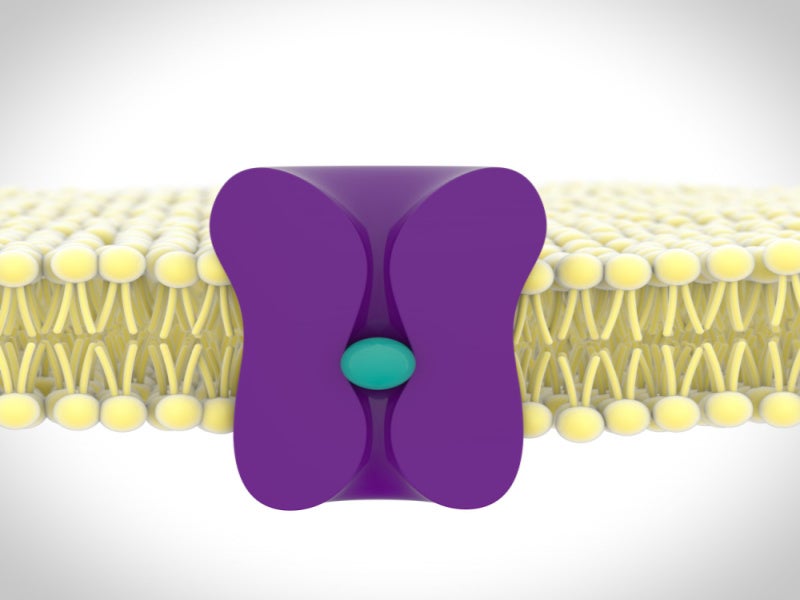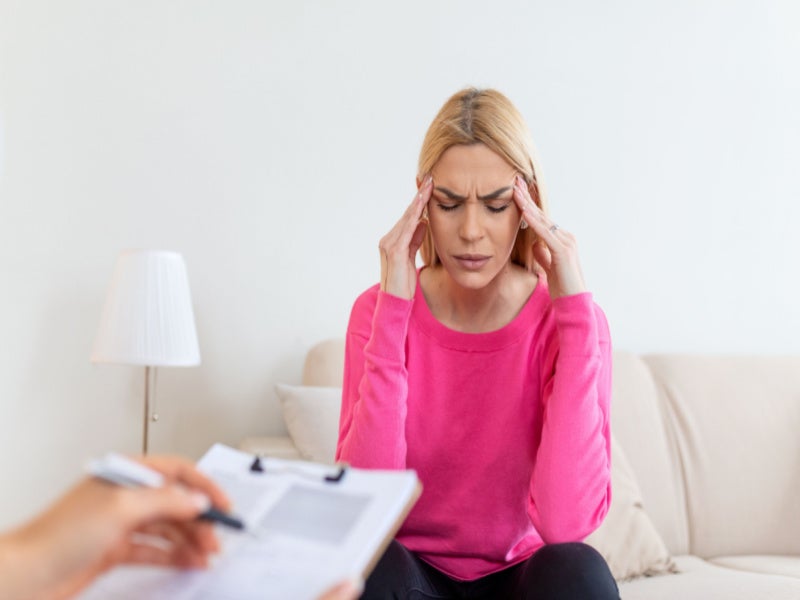Auvelity™, a proprietary formulation of dextromethorphan and bupropion, is a novel N-methyl-D-aspartate (NMDA) receptor antagonist with multimodal activity indicated for the treatment of major depressive disorder (MDD) in adults.
Developed by US-based biopharmaceutical company Axsome Therapeutics, Auvelity (AXS-05) is an extended-release oral tablet containing 45mg dextromethorphan HBr and 105mg bupropion HCl.
It is marketed as beige, film-coated, round, bilayer tablets with 45/105 debossed on one side, packed in a bottle of 30 tablets.
Regulatory approvals for Auvelity
The US Food and Drug Administration (FDA) designated Auvelity as a breakthrough therapy for the treatment of MDD in March 2019.
In June 2020, the drug received another breakthrough therapy designation for the treatment of Alzheimer’s disease (AD) agitation.
Axsome submitted a new drug application for Auvelity to the FDA for the treatment of MDD, which was accepted under priority review in April 2021. The FDA approved Auvelity extended-release tablets in August 2022.
The drug also holds fast-track designation for treatment-resistant depression and AD agitation.
Major depressive disorder (MDD) causes and symptoms
MDD is a severe, chronic, debilitating mood disorder, characterised by depression, inability to feel pleasure, feelings of guilt and worthlessness, low energy and other mental and physical symptoms, as well as impairments in social, occupational, educational or other essential functioning.
MDD can lead to hospitalisation and attempted and successful suicide in severe cases. The US Department of Health and Human Services estimated that 21 million adults in the US suffer from MDD a year.
According to the World Health Organization (WHO), depression is the leading cause of disability globally and a significant contributor to the global disease burden.
Almost two-thirds of identified and treated patients do not have a satisfactory therapeutic response with conventional first-line therapy, highlighting the need for novel therapies.
Auvelity’s mechanism of action
The dextromethorphan component is an uncompetitive NMDA receptor antagonist, also known as an ionotropic glutamate receptor modulator, with a novel mechanism of action. It is also a sigma-1 receptor agonist. Their actions modulate glutamatergic neurotransmission.
The bupropion component increases dextromethorphan bioavailability and acts as a norepinephrine and dopamine reuptake inhibitor.
The exact mechanism of action of Auvelity in the treatment of MDD is unknown, but the drug is believed to act on multiple receptors in the brain, influencing different chemicals.
Auvelity is currently protected by 100 US and international patents, which will extend to at least 2037 to 2040.
Clinical trials on Auvelity
Auvelity was studied in a large clinical study including more than 1,100 patients with depression.
Its efficacy for the treatment of MDD was demonstrated in a placebo-controlled clinical study, GEMINI, together with confirmatory evidence, which included another clinical study, ASCEND that compared Auvelity to bupropion hydrochloride sustained-release tablets.
In the GEMINI study, adult patients who satisfied the Diagnostic and Statistical Manual of Mental Disorders (DSM-5) criteria for MDD were randomly assigned to receive either Auvelity or a placebo twice daily for six weeks.
The primary outcome measure was the change in the total score of the MADRS from baseline to week six. The MADRS is a clinician-rated scale that is used to determine the severity of depression symptoms.
Patients’ emotions, including sorrow, inner tension, diminished sleep or hunger, trouble focusing, lassitude, loss of interest, pessimism and suicidality, were rated on ten items. The MADRS scale has a score range from 0 to 60, with higher values indicating more severe depression.
Auvelity was found to be statistically and significantly superior to placebo in improving the symptoms of depression as evaluated by the change in MADRS total score at week six.
In ASCEND, patients with MDD were randomly assigned to either Auvelity or bupropion hydrochloride sustained-release tablets 105mg twice daily for six weeks.
The primary endpoint was calculated by measuring the change in total MADRS score from baseline at each on-site visit from the first to sixth week and then taking an average of those scores.
The study results demonstrated that dextromethorphan contributes to antidepressant characteristics of Auvelity.
The most common side effects of Auvelity reported in patients during the clinical trials include dizziness, headache, diarrhoea, sleepiness, dry mouth, sexual function issues and excessive perspiration.





